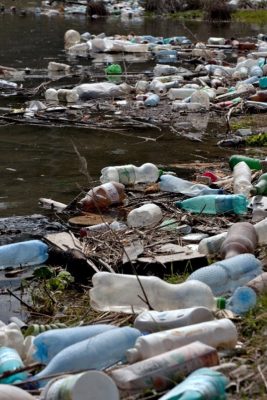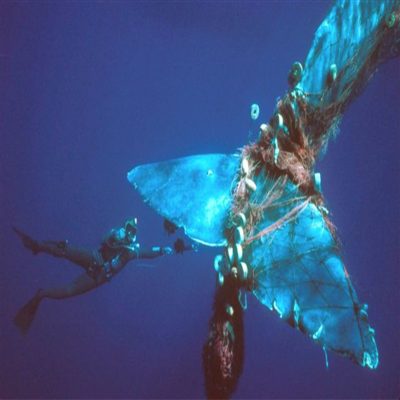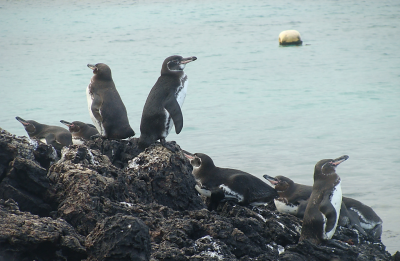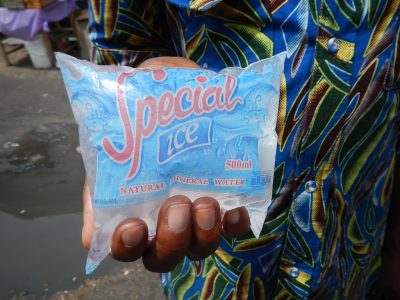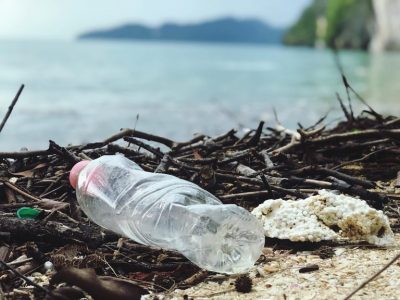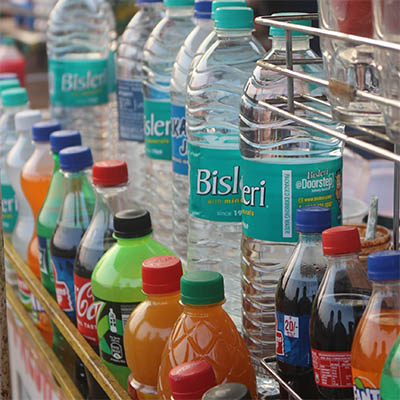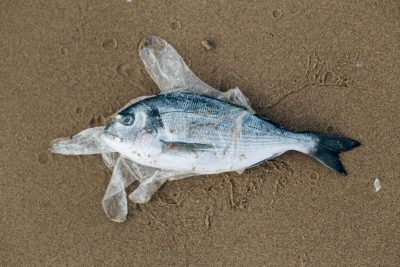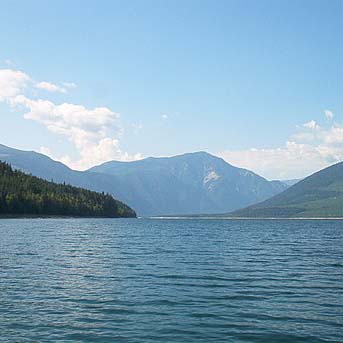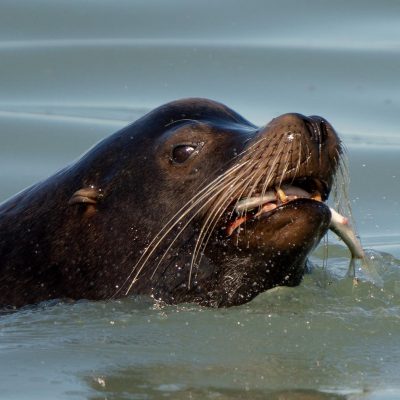Cooperating to tackle plastic pollution
Shifting the focus of intervention to the supply-side, by evaluating the potential environmental and economic outcomes of a voluntary levy on the top 100 plastic producers.
Haunting the seas: the legacy of ghost gear pollution in marine environments
“Ghost gear” is a specific category of anthropogenic marine debris that contributes to the global marine plastics problem. After it becomes disconnected from its intended use, ghost gear can catch non-targeted species – such as fish, whales or other marine mammals – through by-catch or entanglement
Microplastics may be accumulating at a high rate in endangered Galápagos penguins’ food web
The model predictions showed a rapid increase in microplastic accumulation and contamination across the penguins’ prey organisms resulting in Galápagos penguin displaying the highest level of microplastics per biomass, followed by barracuda, anchovy, sardine, herring, and salema and predatory zooplankton.
From convenience to crisis: The single-use water sachet dilemma in Africa
In some African countries, the rate of single-use plastic waste is increasing. Article from the Solving FCB unit.
It’s time to classify plastics as persistent, bioaccumulative and toxic pollutants
Researchers from around the world are urging the international community to recognize the full environmental and health threat of plastics and categorize them as persistent, bio-accumulative and toxic (PBT) pollutants.
Tips for reducing your plastic use
Here are some clever tips on how to reduce your plastic use.
May 25 is International Plastic Free Day!
Plastic is everywhere. It’s in our oceans, coastal areas, and buried deep in the soil. It’s in our food and our water, and wreaks havoc on the natural world around us.
5 things you can do to help BC’s marine ecosystems
In the face of declining fish stocks like sockeye salmon, marine heatwaves and massive coastal die-offs, it can sometimes feel as though protecting our ocean ecosystems is a hopeless task. But there are things we can do.
Partnership between UBC researchers, marine stewards and K’ómoks First Nation spawns new microplastics findings
What they found helps illuminate the study of microplastics in the ocean, an area of pollution research that is garnering lots of attention due to the many unknowns about how these particles damage the health of organisms that ingest them.
